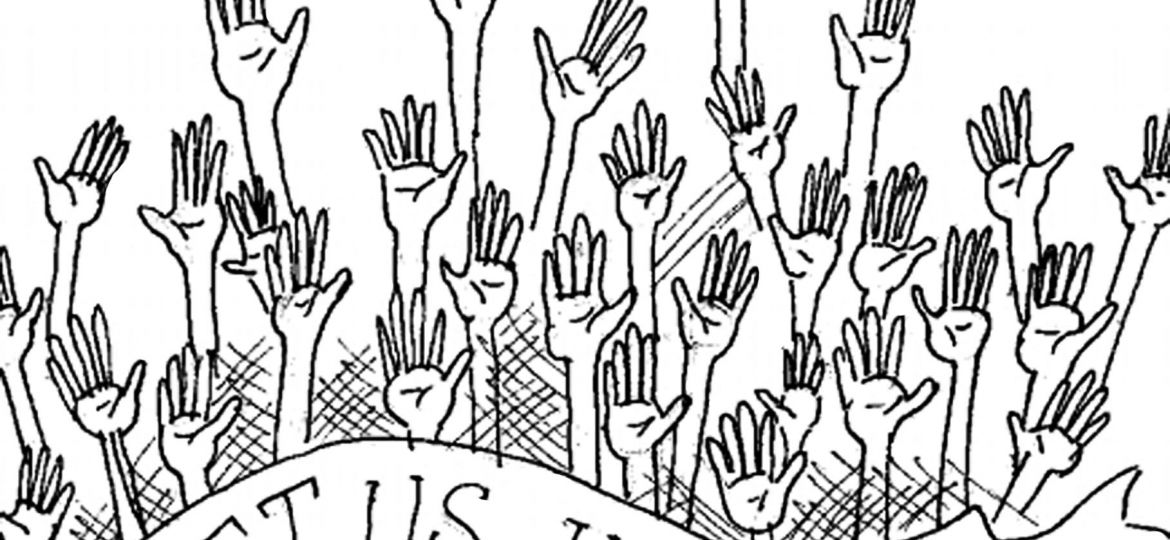
As pleasant memories of spring break fade into the background, many Oles are now looking to the summer for their next big adventures. Sometimes this involves taking a mission trip and doing volunteer work. When it comes to such trips, however, Oles must be wary of the dark side of charitable work. Namely: voluntourism.
“Voluntourism” describes the efforts of volunteers, often educated and of high socioeconomic status in Western countries, to travel – usually abroad – to an underprivileged community and perform charity work while simultaneously partaking in “touristy” activities. Charity work can range from constructing new homes for locals to teaching English in impoverished communities.
Some organizations embrace the term “voluntourism” and use it to advertise the nature of their trips. But while it can appear to be a good idea – struggling communities get free help, and volunteers get to travel the world – voluntourism leads to more harm than good.
Traveling volunteer efforts can tend to be short-sighted about the communities they visit. In fact, their touristy escapades can even damage underprivileged communities by preventing sustainable growth. Bringing temporary labor and resources to impoverished communities sometimes encourages the continuation of the very poverty the volunteers hoped to mitigate. For example, CNN reports that an organization called Responsible Travel discontinued all volunteer trips to orphanages because the initiatives were “fueling demand for orphans.”
On some voluntourist trips, the volunteers’ work is superficial and limited. However, the experience looks good on a resume and can serve to temper Western guilt over poverty.
Volunteers who are fortunate enough to embark on such trips must keep in mind how incredibly privileged they are to step into a new community, often in a completely different state or country, and attempt to influence its well-being. This level of privilege often accompanies a myopic view of how these communities function. Before a volunteer takes on these missions, he or she must develop a broader understanding of the community and its cultural, historical and political context.
Voluntourists and their supporters may develop a “white savior” complex, especially when working in developing countries. I can’t even count the number of Facebook photos I’ve seen of white American students posing with poor children in Africa. These students often garner high praise from their peers, which only reinforces the unequal relationship between the volunteer and the beneficiary. We look at these photos and think, “Look at those poor African children. They would be practically helpless without our volunteers going out there, teaching them English and giving them free t-shirts.”
This could not be farther from the truth. What these struggling communities need are strategies for developing functioning economies and becoming self-sustainable. Our attitude that they cannot function independently of intrusive volunteer efforts spearheaded by generous Westerners only holds them back.
I do not intend to demean the efforts of Oles who have gone on altruistic volunteer trips. However, we must remain critical. Before signing up for a volunteer trip, ask yourself: What is the nature of the trip and its mission? Will I be performing temporary work, or am I contributing to a project that will lead to long-term, sustainable solutions for the community in question? Most importantly, could my work actually stunt a community’s growth and autonomy by providing temporary, superficial solutions to bigger problems?
As St. Olaf students and educated citizens of the world, these are questions we must ask in our ongoing quest to make a positive difference in the world.
Kate Fridley ’14 fridley@stolaf.edu is from Apple Valley, Minn. She majors in political science with concentrations in Middle Eastern studies and management studies.
Graphic Credit: ALLI LIVINGSTON/MANITOU MESSENGER

